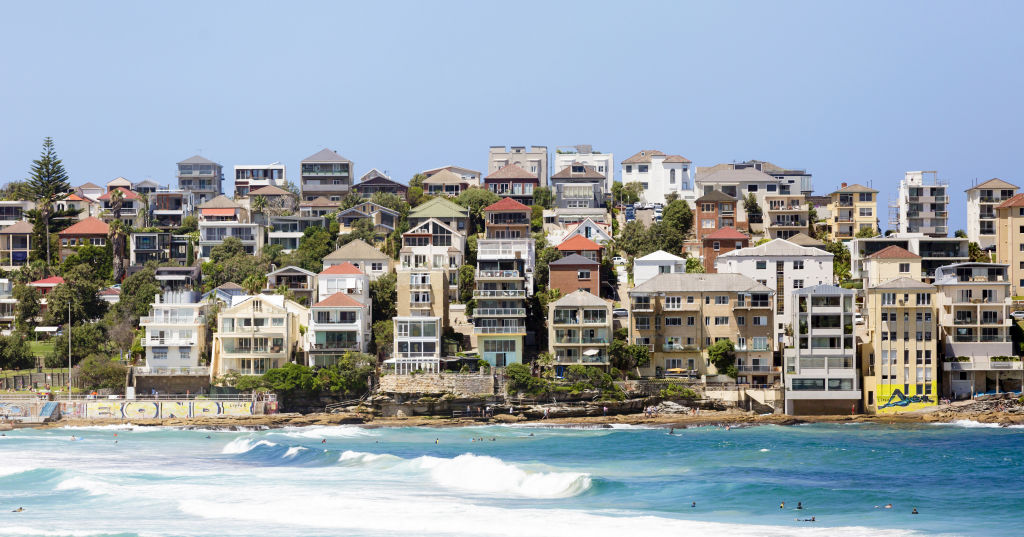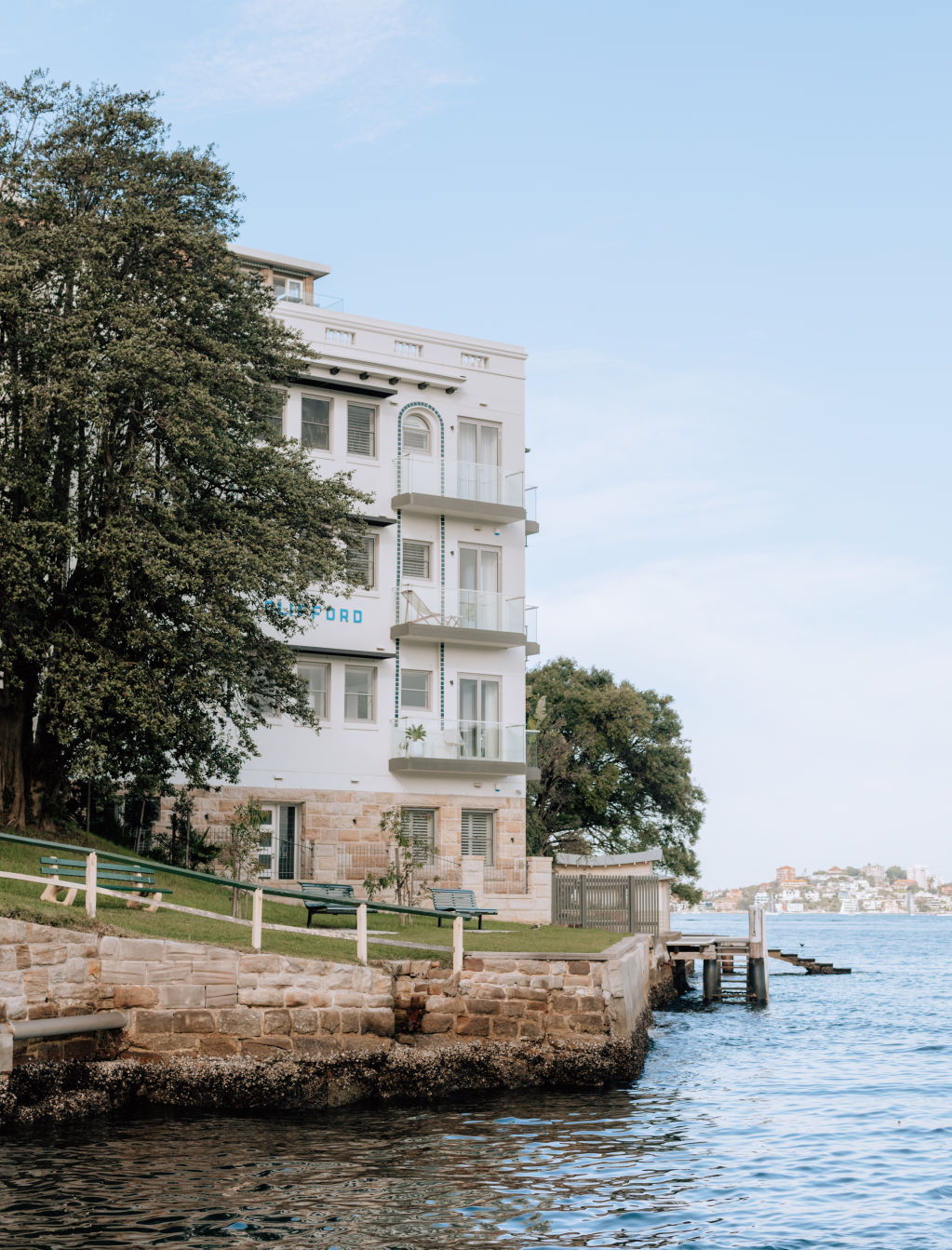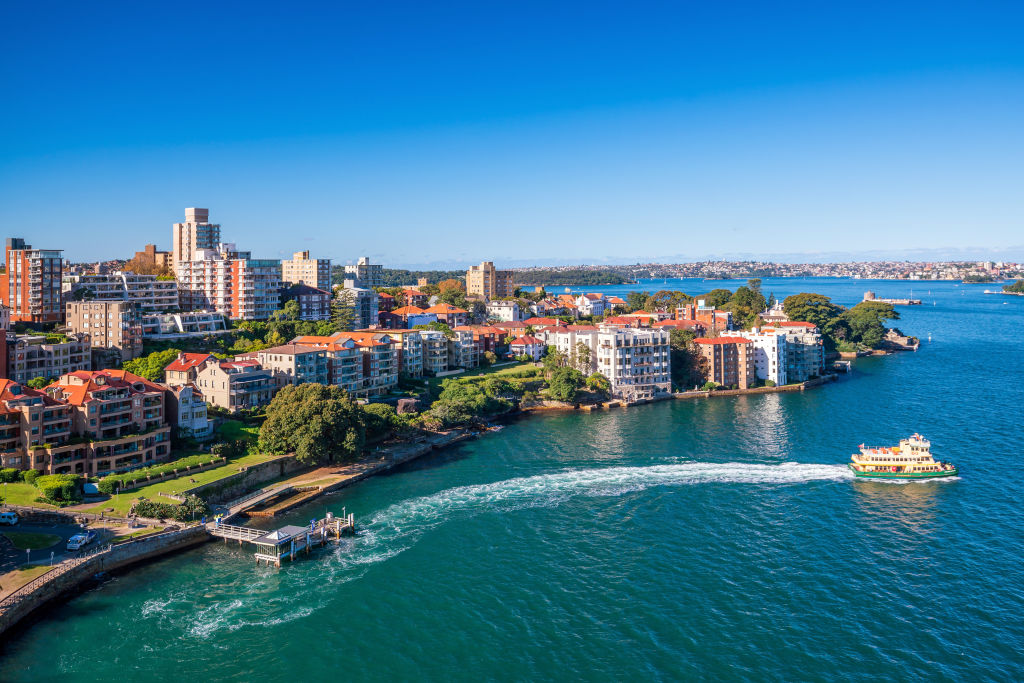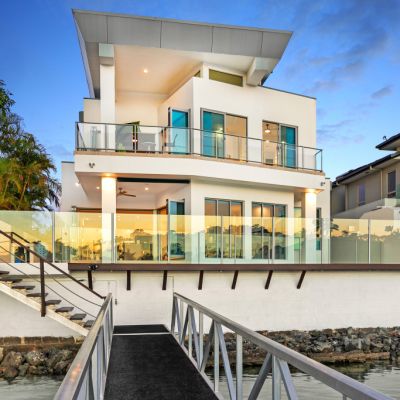
Why investing in older apartments could be the smarter choice
A glistening new apartment tower with a pool, a gym and a rooftop garden is likely to be enormously enticing to prospective tenants. But for investors, should all those alluring amenities sound the alarm bells?
Like the buildings themselves, it’s a multi-storied prospect. On the plus side for investors, it’s unlikely the units will ever be empty.
If demand falls for apartments, these developments will, with a possible rent adjustment, always have their pick of the pool of available tenants.
But, on the downside, those facilities can be expensive to maintain in terms of quarterly strata levies, so the yield may well be lower.

And capital growth? If a slick building becomes fashionable and continues to be regarded as hip, then capital growth may well power on through. Or not.
“With facilities like a pool, an apartment … will always be easier to rent out,” says Sophie Liu of PMI Investment.
“But the levies can be very high, which will eat away at your income.
“So I often prefer to invest in something more modest, no more than six floors high and with minimal amenities to pay for. They are always cheaper to run and yet the returns can be good.
“At the end of the day, I think the first priority should be less looking at the facilities on offer and more on the location, and whether it’s close to shops and transport.”
Another consideration should be the macro-economic situation, says Alex Joiner, chief economist at IFM Investors.
At the moment, many investments are coming up roses, fertilised with rock-bottom interest rates.
“People in my parents’ generation have been able to capitalise over three decades on falling interest rates,” Dr Joiner says.
“They’ve enjoyed healthy capital appreciation on top of rents.

“But while the returns are very good now, you have to remember we’re at the top of the cycle. Going forward over the next five to 10 years, we’ll be in a rising rates environment, so I’d be a little bit more cautious.”
In that situation, if he were looking to invest in an apartment, he thinks he’d be looking for one that was a little different from the others – something unique or, at least, less generic.
That could be an apartment that’s more boutique, or has bigger dimensions, or which has a separate kitchen.
Apartment investors also have to be aware of the COVID-era unit-living trends, says Christine Williams, property strategist with Smarter Property Investing.
Pre-COVID, student accommodation was a real cash cow for investors, particularly for property within 3 kilometres of the CBD.
“But now, people are looking at apartments in a different way,” she says.
“They want to be comfortable in bigger apartments so they can work from home if they need to, and they want some open space.
“We’ve all been spending more time at home too, so they might like more facilities, but need to know there’s enough cash in the funds to keep them well-maintained.
“In addition, the taller a building, the more you can claim in depreciation. And those are the ones that are likely to have those pools and gardens.”


